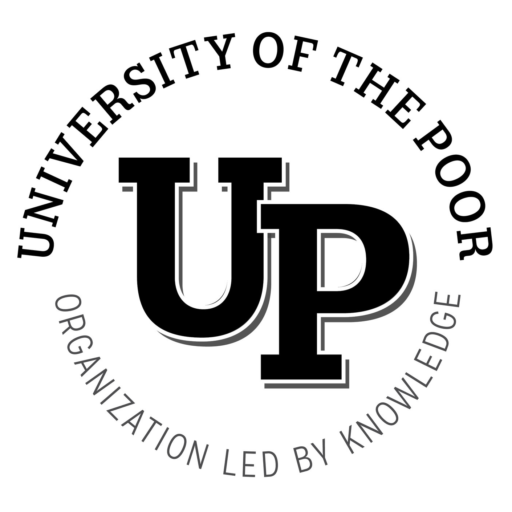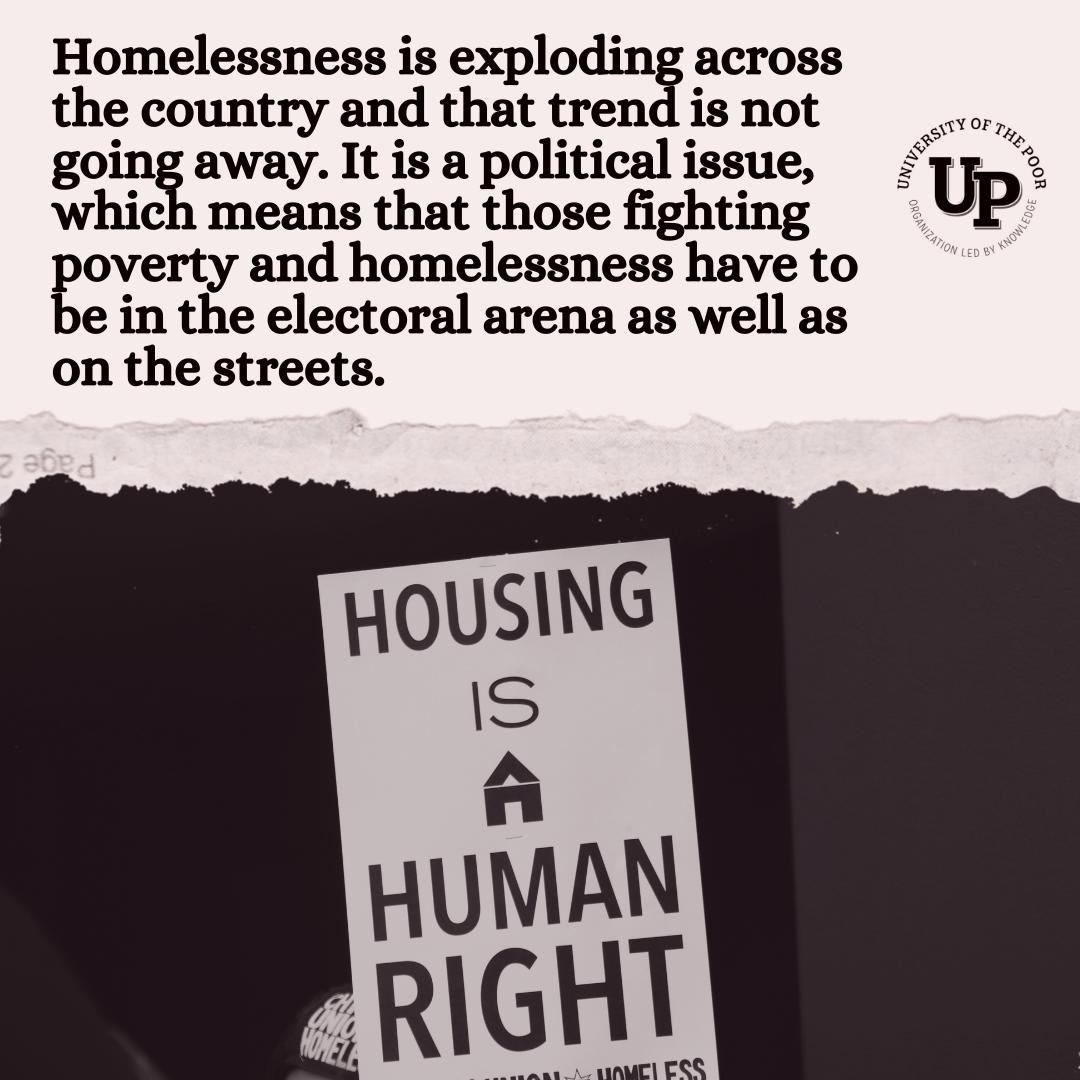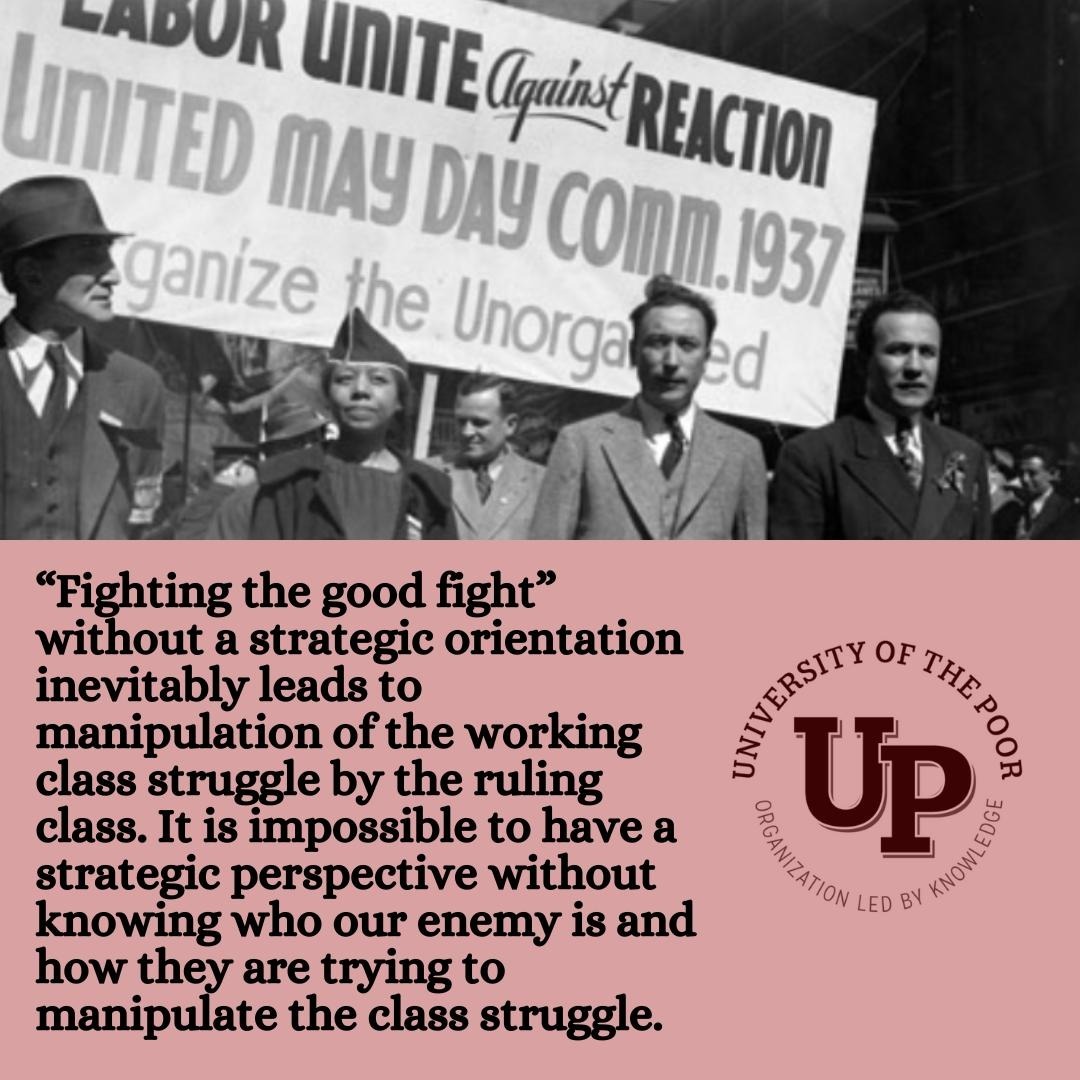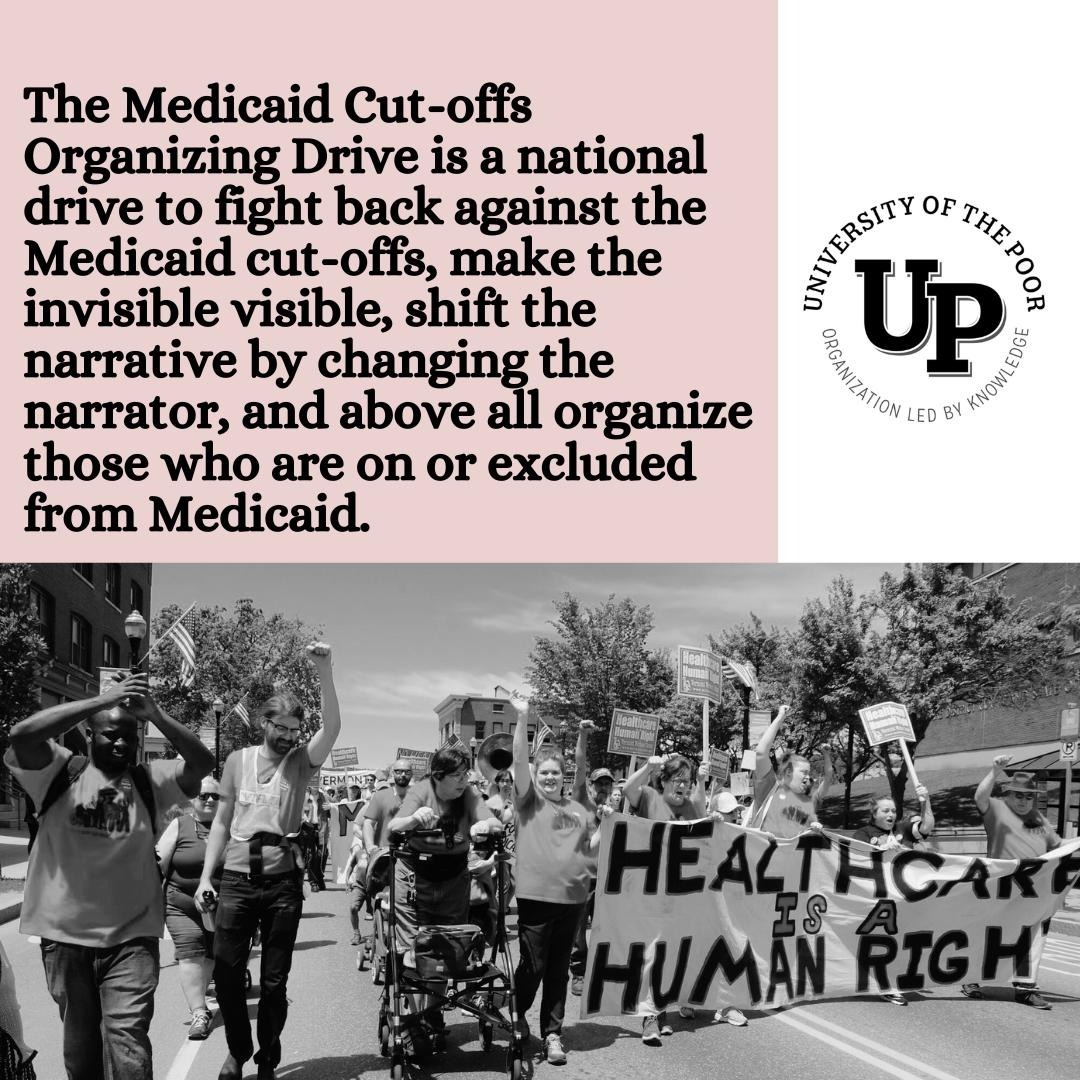By Bruce E. Parry
This paper was a collective effort with contributions by Weber Anderson, Joseph Peery, and Christopher Shuttlesworth. Thanks to Jessie Fuentes for a detailed review of her campaign.
The Illinois Union of the Homeless (ILUH) was founded in May 2020. We have four lead organizers and while we have made contact with unhoused people throughout Illinois, we have focused our efforts on encampments in Chicago. Our goal is to develop 10 leaders from among the homeless and formerly homeless population to be organizers for the ILUH.
From its inception, the ILUH was involved with politicians. We started organizing at the Roosevelt and DesPlaines homeless encampment in Chicago. We immediately got in contact with the progressive Alderman of the 25th Ward. He was very supportive and spoke at a number of events we had there. He was responsible for ensuring that there was a port-a-potty at the encampment. As a result, we got in touch with other progressive Alderpersons who were standing against homelessness.
From the beginning, the ILUH has been a partner organization with the Poor People’s Campaign: A National Call for Moral Revival. Through contacts we made there, we were given a base of operations in San Lucas Church in the 26th Ward. Across from the church is a large homeless encampment in Humboldt Park. There were a number of complaints by members of the tent city including threats by city leadership to make people move out of the park.
To address their concerns, we confronted the Alderman for the 26th Ward. We arranged a meeting on Zoom in February 2022 and about a dozen unhoused members came to the church for the meeting. The Alderman listened and was shocked by the testimonies of the encampment residents. Although he remained in contact with the ILUH, he has not met with our organization since then. Although the encampment was allowed to stay, most of our demands were, and still are, ignored.
One of the demands was to open the public bathroom in the park that was next to the tent city. In the Zoom meeting, the Alderman of the 26th Ward announced that the public bathroom was open. One of ILUH’s members dashed across the street, snapped a picture on his phone and proved not only that it was closed, but that it had been closed for some time. We believed that one reason that it was closed was that they didn’t want homeless people to use it. At a Police Department meeting on homelessness, we learned that the money to renovate and open the bathroom had been allocated. The ILUH took up the demand to open the bathroom by starting a petition to open it.
ILUH also participated in the Bring Chicago Home (BCH) campaign. This was a campaign to put a referendum on the ballot that would raise the Real Estate Property Transfer tax by 1.9 percent on properties of $1 million or more. The money was to be used to alleviate homelessness. It was a tax-the-rich proposal and we backed it. The incumbent Mayor had backed BCH in her campaign, but when it was to come up for a vote, she deliberately sabotaged the effort to get it on the ballot by calling 25 of 50 members of the City Council, telling them to boycott the meeting, which they did. Without a 26 member quorum, the meeting could not be held.
Chicago held Aldermanic and Mayoral elections on February 28, 2023. The election kicked off in October 2022. In the 26th Ward, there were six candidates, including the incumbent. We researched the candidates; three stood out. In a surprise move, the incumbent dropped out of the race in January. Another candidate, well known as a radio DJ, told the ILUH he was a businessman and didn’t care about homelessness. In fact, he came to represent the gentrification in the neighborhood. The third was a young woman, Jessie Fuentes, who was concerned about the issue of homelessness. She started coming to our meetings and working with us.
We quickly decided to endorse Jessie for Alderperson of the 26th Ward. Further, we made a decision that the ILUH would work to make homelessness an issue in the election campaign, first in the 26th Ward and then in the Mayoral race.
Jessie’s campaign took up the Bathroom Petition and collected signatures for the ILUH. In return, our members worked with her campaign. Community members, particularly the Humboldt Park Residents Action Committee, also took on the petition and joined her campaign. Our experience was that almost all of the community members wanted the bathroom opened and signed the petition. The vast majority of the community wanted to get the unhoused into housing.
Jessie had a natural political base, having been raised in the community. The launch event of her campaign was a collective experience. Her campaign slogan was “Building Community and Breaking Barriers.” She gathered together young people, Black and Brown, gay and straight. She committed to running a positive campaign. The strategy for her campaign was to knock on every door in the Ward that had at least one registered voter, or about 80 percent of the households. She did that three times during the campaign.
Our members were among about 220 volunteers Jessie’s campaign mobilized, which showed how deeply she was rooted in the community. Toward the end, even individual residents started volunteering. She also got more than 25 endorsements from unions, progressive organizations, including the Illinois Union of the Homeless, and other politicians. Even the incumbent who had withdrawn from the race endorsed her. In making homelessness central in her campaign, Jessie had made it a political issue in the 26th Ward, which was emblematic of her people-oriented approach.
On January 31st, the ILUH held a Press Conference at an encampment that had been threatened with removal by the city. Jessie was there, as were two progressive Alderpersons and other candidates. Also attending and speaking was Brandon Johnson, the most progressive Mayoral candidate in a field of nine. At this event, it became clear we were realizing the ILUH goal of making homelessness an issue city-wide.
A few days later the Poor People’s Campaign and the ILUH hosted a meeting with Johnson. As a result, the Union endorsed him for Mayor. The platform on his website had a section on Affordable Housing. In that section was a program titled Combatting Homelessness. It supported Bring Chicago Home and outlined plans to end homelessness on the streets:
Any serious housing plan needs to start with a real vision for getting unhoused Chicagoans into safe, stable homes. … Stable housing reduces mental illness, prevents crime, and ends the tragedy of our neighbors dying from exposure to the elements. This needs to be a top priority of City Hall.
Homelessness had become an issue in the Mayoral campaign as well.
In the election on February 28th, Jessie Fuentes won an absolute majority among the five candidates, thereby avoiding a runoff. She will be the youngest Alderperson ever in her Ward and one of the youngest in the City Council. She’s the first woman representing her Ward, and its first Queer woman.
Brandon Johnson came in second in the Mayoral race so he had to face Paul Vallas in the April 4th runoff election. It was tight, but he won. In the ILUH email congratulating him, we wrote, “Your election was a victory for the poor, the unseen and the unknown in Chicago.”
Homelessness is exploding across the country and that trend is not going away. It is a political issue, which means that those fighting poverty and homelessness have to be in the electoral arena as well as on the streets. The ILUH connection to the electoral arena has strengthened our work across the board. It has attracted people experiencing homelessness and other supporters. It has increased our credibility and empowered the ILUH. Since the election swept more progressives into office we look forward to deepening our connections with politicians as we continue to organize with and among homeless people .
Bruce E. Parry is a member of the University of the Poor and is a long-term social activist and independent researcher in Chicago, IL. He is a combat veteran of the Vietnam War. He graduated from the United States Military Academy at West Point, NY and completed his doctorate in Economics at The American University in Washington, DC. He is the Veterans Coordinator for the National Union of the Homeless and is a member of the Illinois Union of the Homeless. He is a member of the Coordinating Committee for the Illinois Poor People’s Campaign and works with the Campaign’s South Side Cluster. Although he is retired, Bruce continues to do research and teach classes in Political Economy. He lives with his wife, son and daughter on the South Side of Chicago.




[…] Parry illuminates the struggle to use elections as a vehicle to build the organization of the poor in Chicago. The Illinois Union of the Homeless (ILUH) made a significant contribution to making homelessness […]